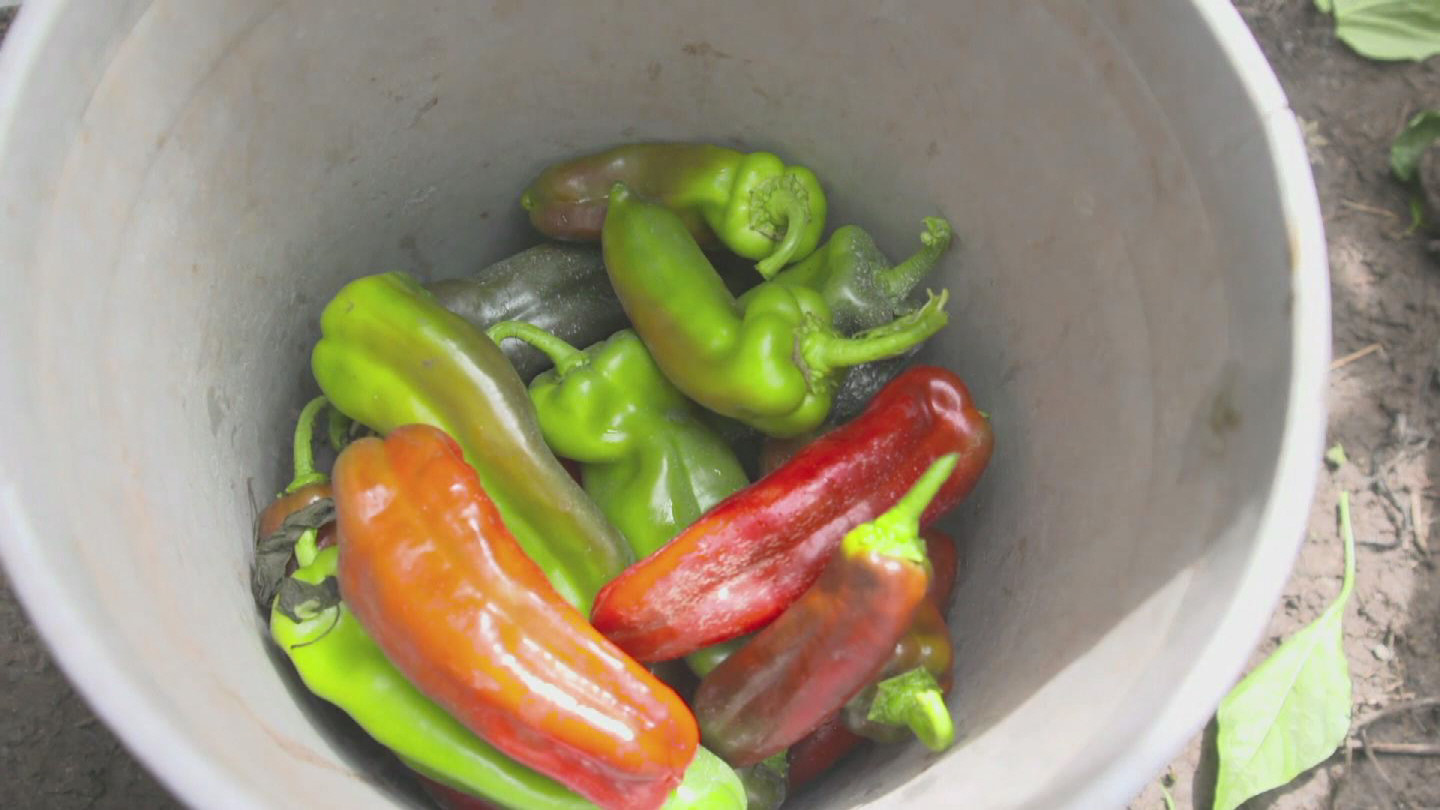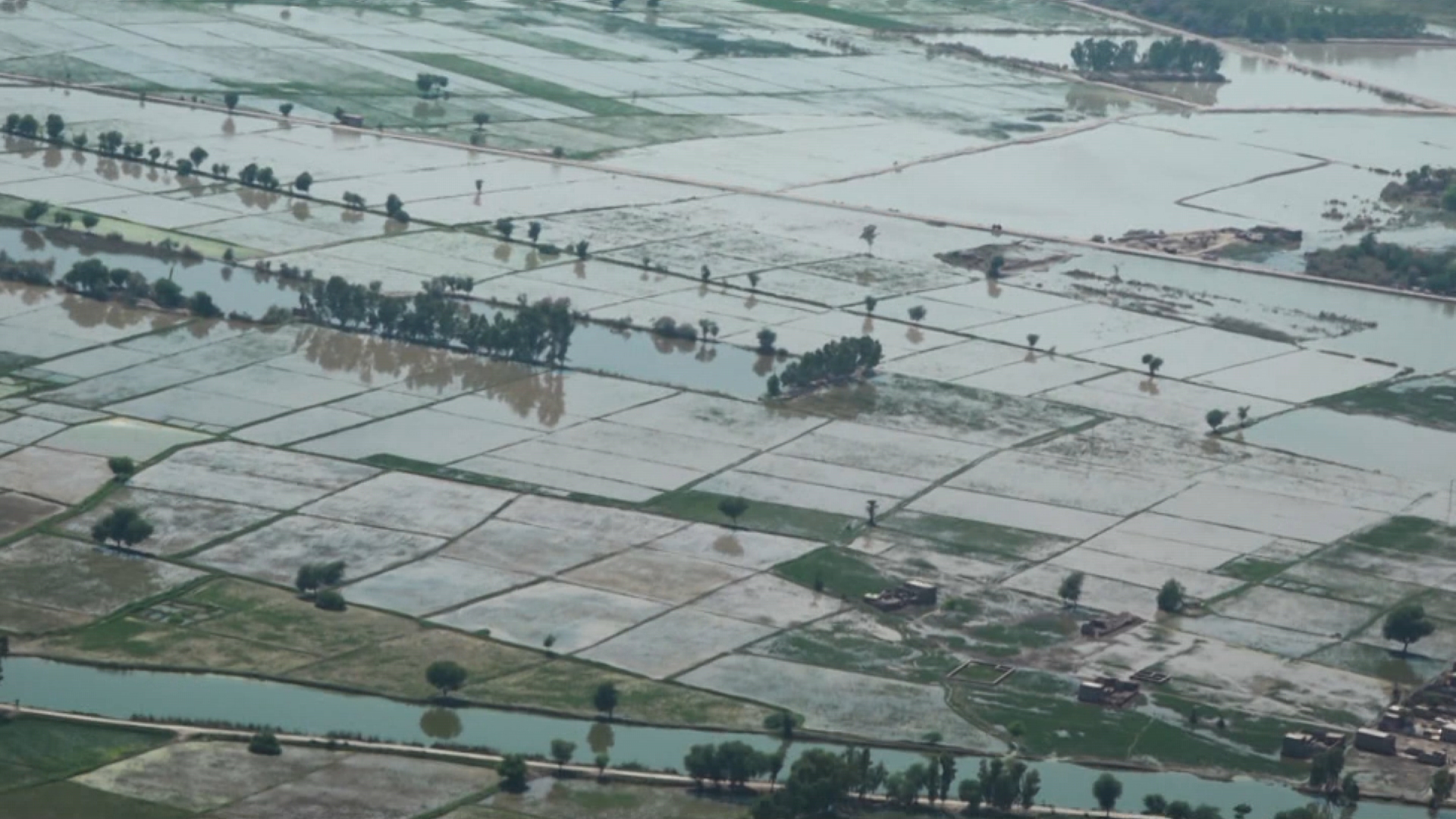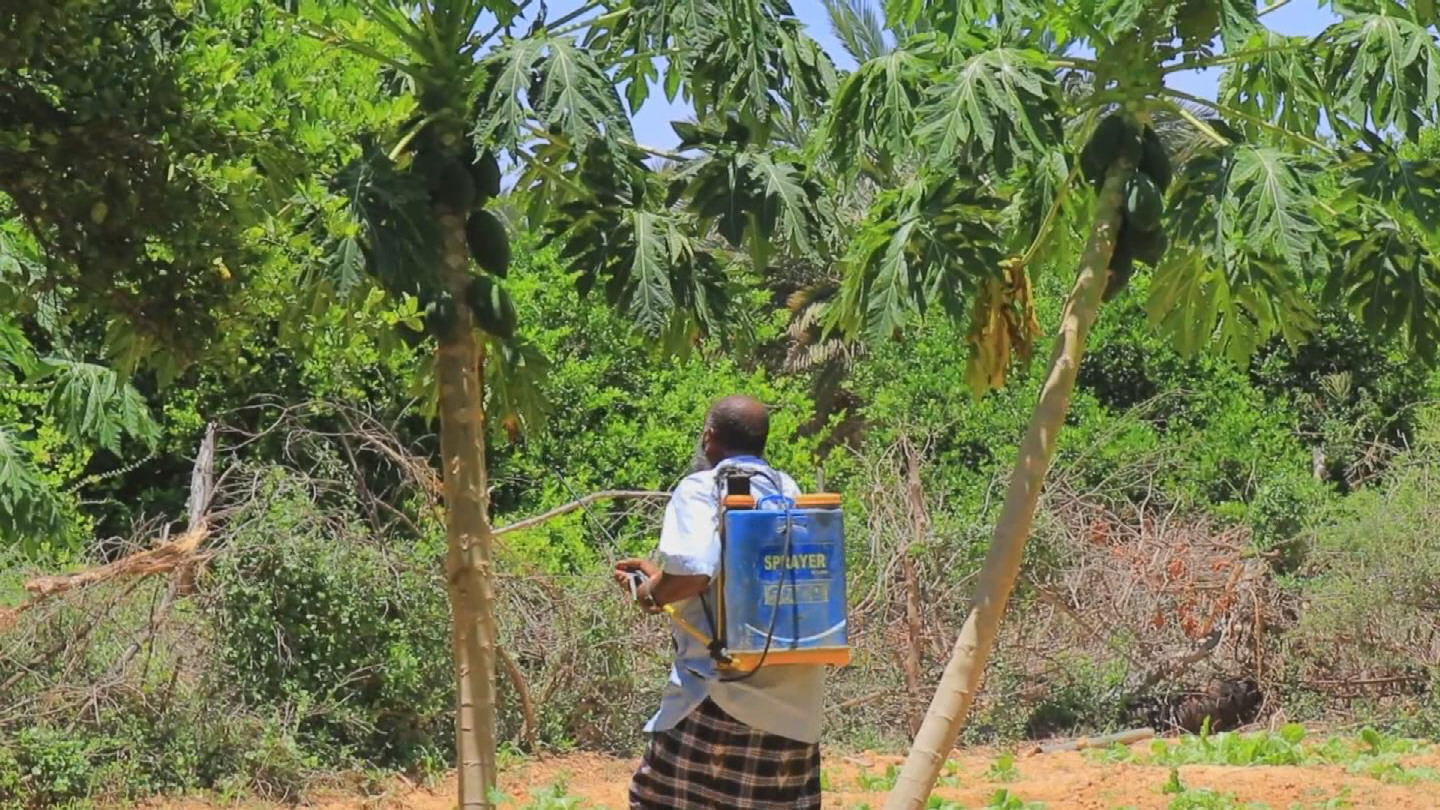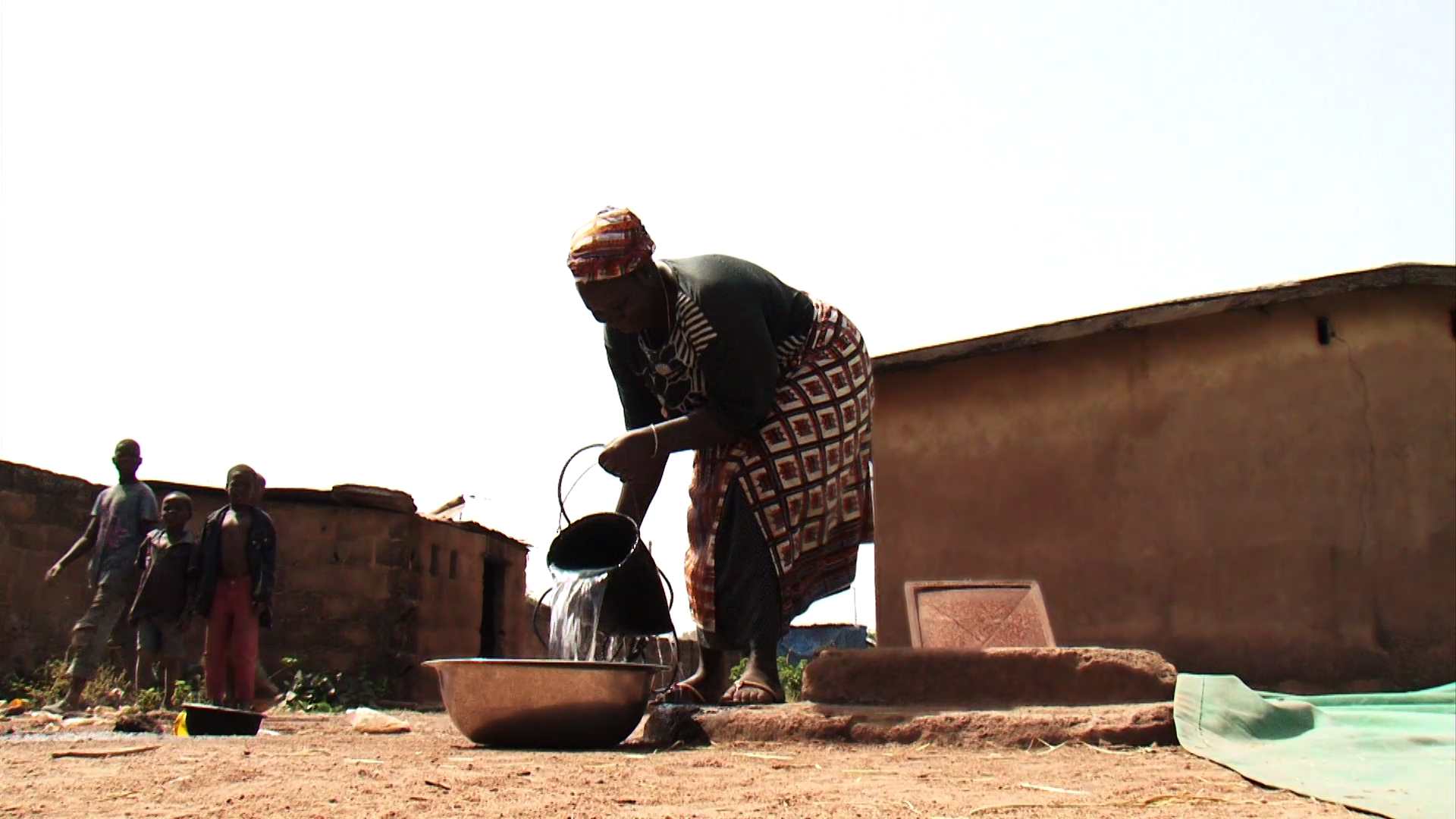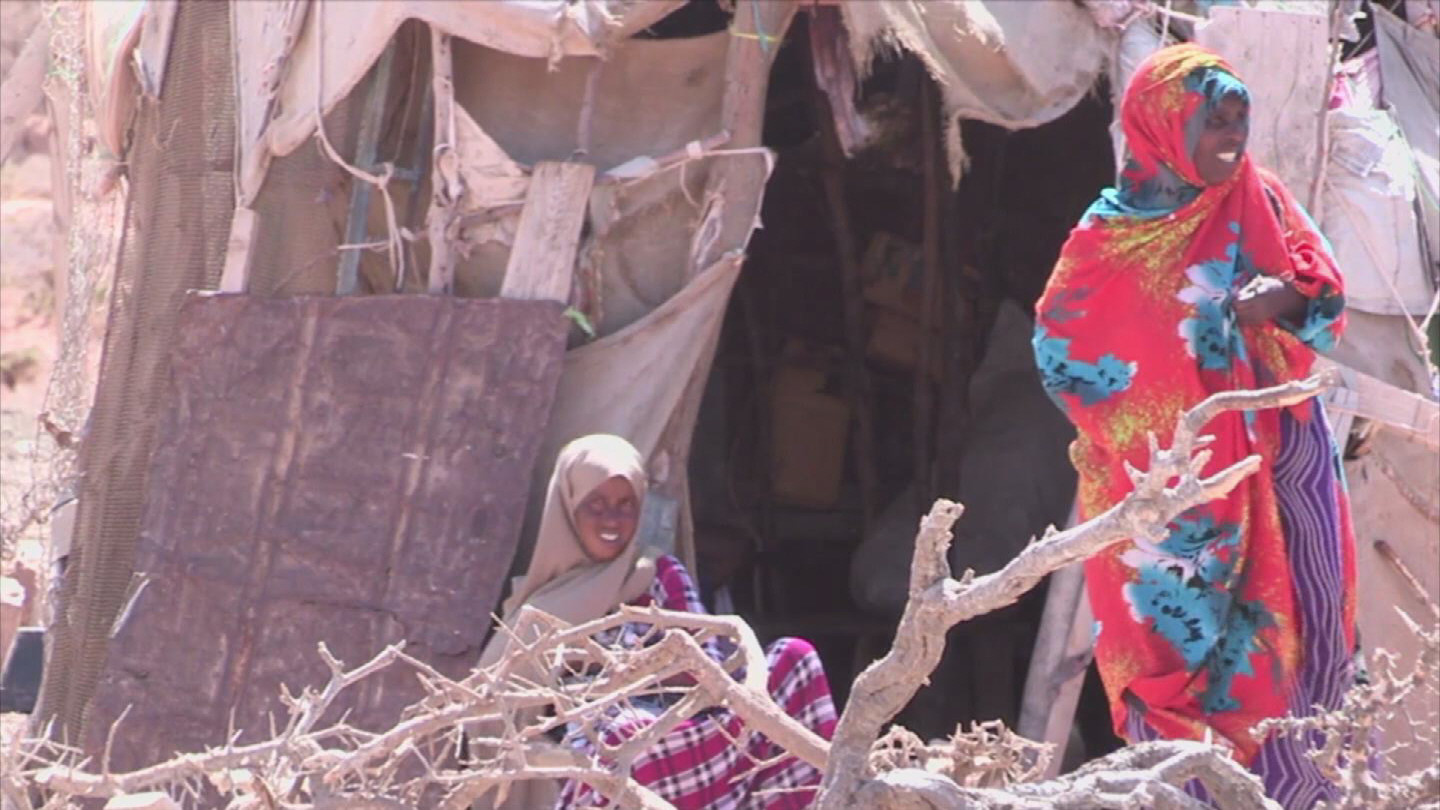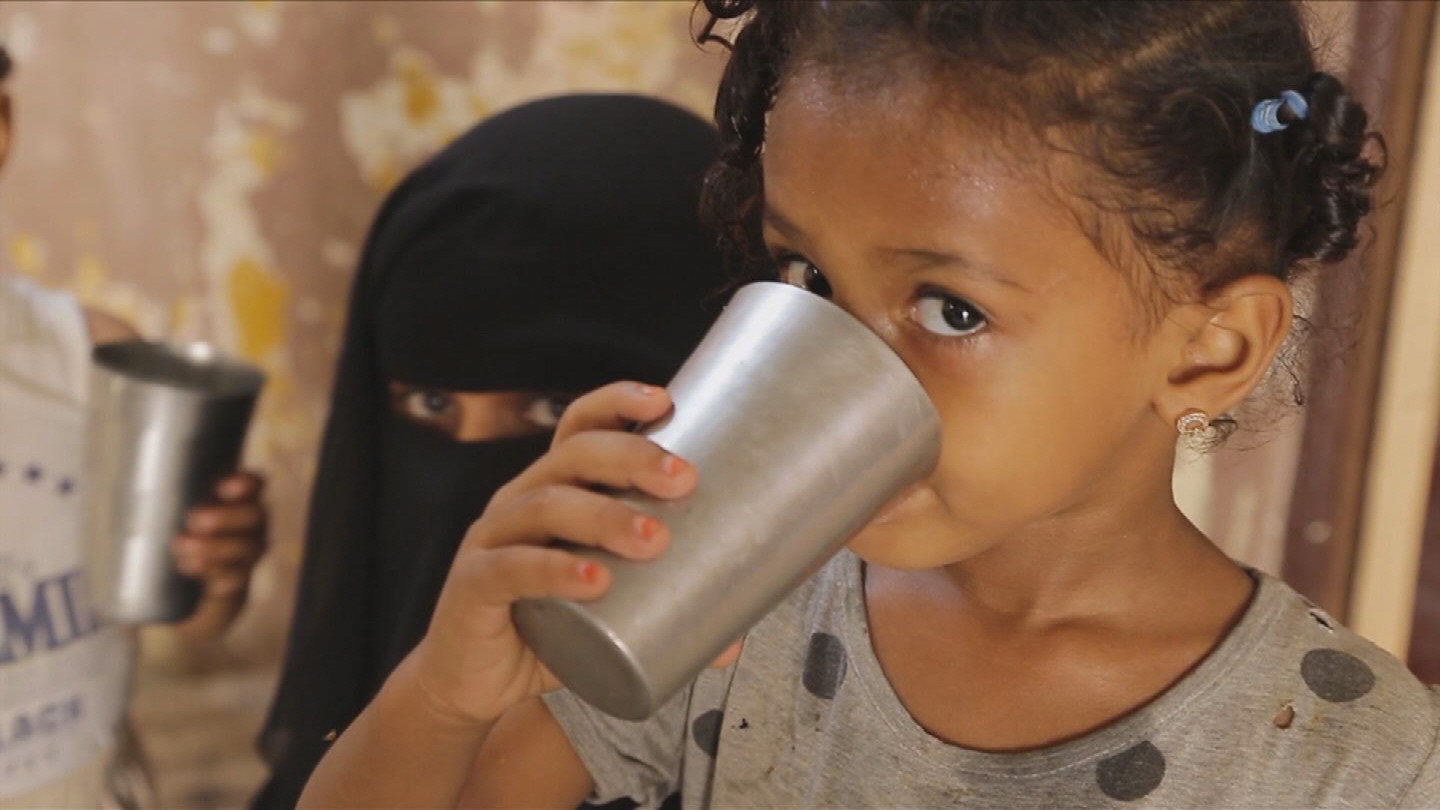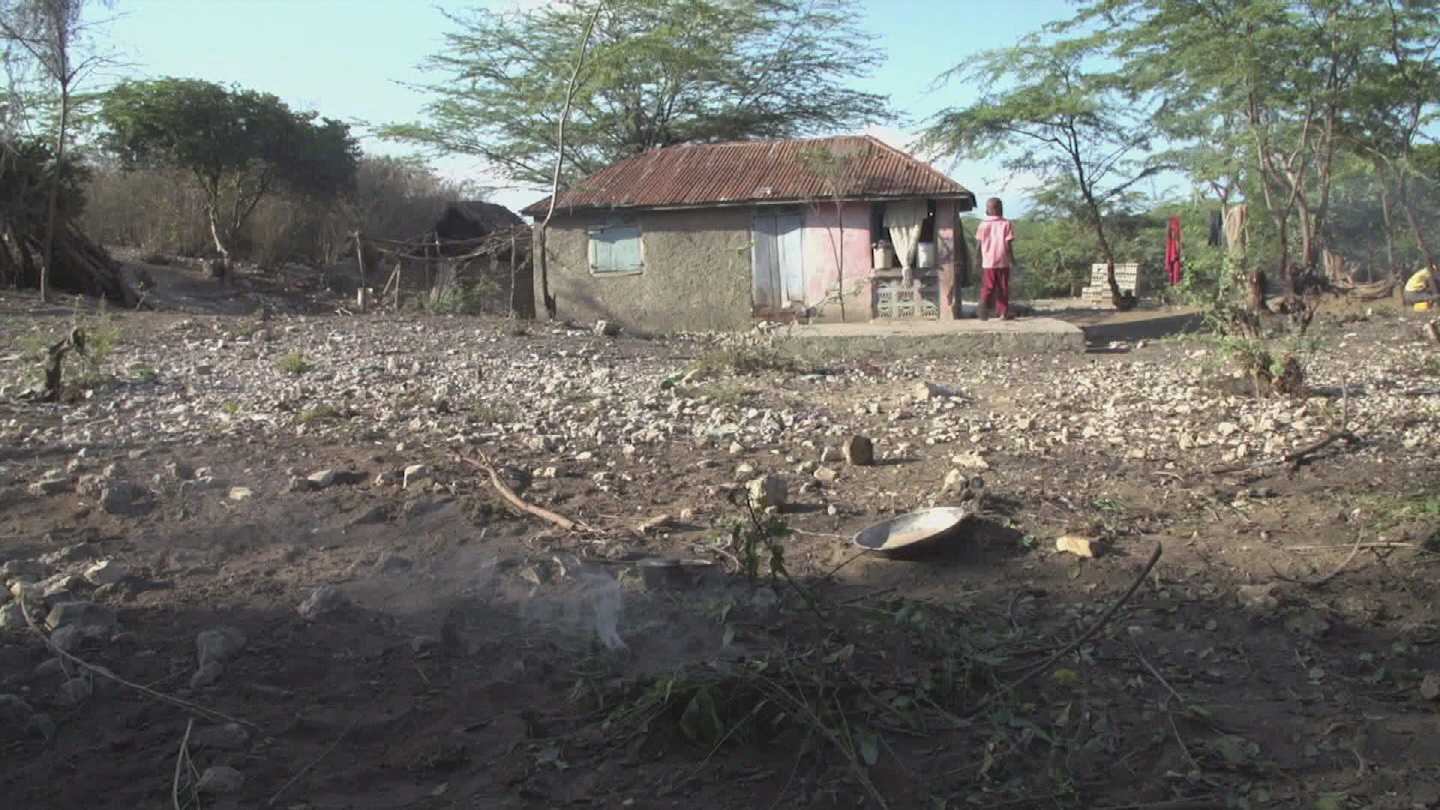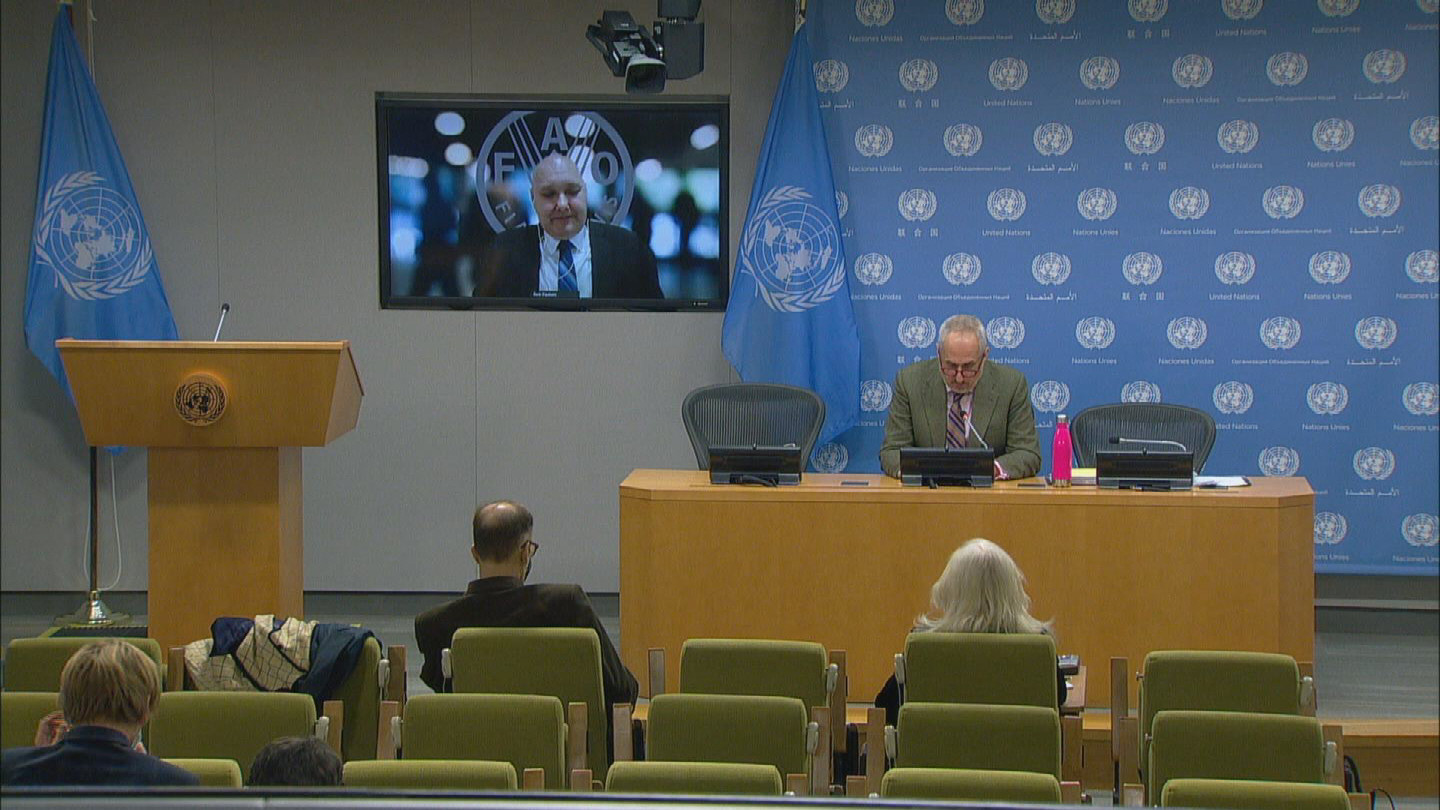BRAZIL / DROUGHT
Download
There is no media available to download.
Share
STORY: BRAZIL / DROUGHT
TRT: 3:48
SOURCE: IFAD
RESTRICTIONS: NONE
LANGUAGE: PORTUGUESE /NATS
DATELINE: 7-12 DECEMBER 2018, BAHIA, BRAZIL
1. Pan right, semi-arid landscape
2. Wide shot, umbu tree
3. Mid shot, licuri tree
4. Close up, licuri fruits
5. Mid shot, dead licuri tree
6. Wide shot, licuri dead tree and dry field
7. Wide shot, dry fields
8. SOUNDBITE (Portuguese) Maria Helena Barbosa dos Santos, Farmer:
“When it rained we planted corn and cassava and we'd harvest it. We had an income, but today we do not have one anymore because it does not rain, we do not plant and we do not harvest.”
9. Wide shot, group meeting at licuri field
10. Med shot, group meeting at Licuri field
11. Close up, Claudete Santos da Silva
12. Wide shot, harvesting Licuri
13. Close up, shot harvesting Licuri
14. SOUNDBITE (Portuguese) Hardi Michael Wulf Vieira, IFAD Country Programme Officer:
“Due to the drought we looked for ways to value local production so that we could maintain the native trees and better prepare the farmers for this dry season because, apart from the fruits that they can provide for farmers and the resources they can generate, they are also an important element in the maintenance of scarce water resources.”
15. Wide shot, man pointing out umbu root system
16. Close up, umbu root system with water reservoir
17. Wide shot, women’s group harvesting umbu
18. Close up, umbu fruit harvest
19. Wide shot, exterior agroindustry cooperative Coopercuc
20. Tilt up, umbu candy production
21. Close up, umbu candy production
22. Various of umbu products
23. SOUNDBITE (Portuguese) Maria Helena Barbosa dos Santos, Farmer:
“Before I did not have the possibility to say I'm going to buy a computer. Today I have. I did not have the possibility to renovate my house. Today I have. I can also give clothes to my son and daughter which I couldn’t before.”
24. Various shots, licuri harvest and collecting
25. Close up, Claudete Santos da Silva
26. Various shots, women group breaking licuri coconuts
27. SOUNDBITE (Portuguese) Claudete Santos da Silva, Farmer:
“Having work within the community means you do not need to leave. I have three (sons) away looking for jobs. So I hope that they can come back to work in their own community and those who are here do not leave, but stay here. That's what I hope.”
28. Various shots, women group dancing typical ‘samba de roda’ and singing
After seven years of erratic rainfall, farmers in the semi-arid region of Bahia in the north-east of Brazil are turning to indigenous crops that were recently verging on extinction.
Umbu, a wild tree, and Licuri, a species of palm, are both native to eastern Brazil. Both thrive in arid conditions. Although always eaten locally, neither crop was valued by farmers. They faced extinction in 2003 as the land on which they grew was cleared for the cultivation of cash crops like beans, maize and cassava - crops that have since been decimated by the prolonged drought.
SOUNDBITE (Portuguese) Maria Helena Barbosa dos Santos, Farmer:
“When it rained we planted corn and cassava and we'd harvest it. We had an income, but today we do not have one anymore because it does not rain, we do not plant and we do not harvest.”
Now, a state government project supported by the UN’s International Fund for Agricultural Development (IFAD), in partnership with Slow Food Brazil and others, are reintroducing these local crops and are helping local farmers see the commercial value in them.
SOUNDBITE (Portuguese) Hardi Michael Wulf Vieira, IFAD Country Programme Officer:
“Due to the drought we looked for ways to value local production so that we could maintain the native trees and better prepare the farmers for this dry season because, apart from the fruits that they can provide for farmers and the resources they can generate, they are also an important element in the maintenance of scarce water resources.”
Umbu holds up to 3,000 litres of water in its root system but the fruit spoils soon after harvest, which is one of the reasons that farmers neglected it. Two years ago, a new processing plant was built with IFAD’s support. Run by a local cooperative, it processes up to 500 kilograms of fruit a day to produce organic juice, jams and candies. The products are sold throughout Brazil and are also exported to France and Austria.
The increased income from umbu production is changing people’s lives.
SOUNDBITE (Portuguese) Maria Helena Barbosa dos Santos, Farmer:
“Before I did not have the possibility to say I'm going to buy a computer. Today I have. I did not have the possibility to renovate my house. Today I have. I can also give clothes to my son and daughter which I couldn’t before.”
The project has just started to work on a system to process licuri, which has enormous economic potential – not only with its fruit, but its oil can also be used for cosmetics.
Farmer Claudete Santos da Silva already feels optimistic that licuri production will provide employment for her three sons, and other young people, who have left the area to look for jobs elsewhere.
SOUNDBITE (Portuguese) Claudete Santos da Silva, Farmer:
“Having work within the community means you do not need to leave. I have three (sons) away looking for jobs. So I hope that they can come back to work in their own community and those who are here do not leave, but stay here. That's what I hope.”
Claudete is not the only person here feeling hopeful. 400,000 farming families (approximately 1.6 million people) participating in the project are expected to be able to earn a living from these local fruits that they once thought were worthless.
